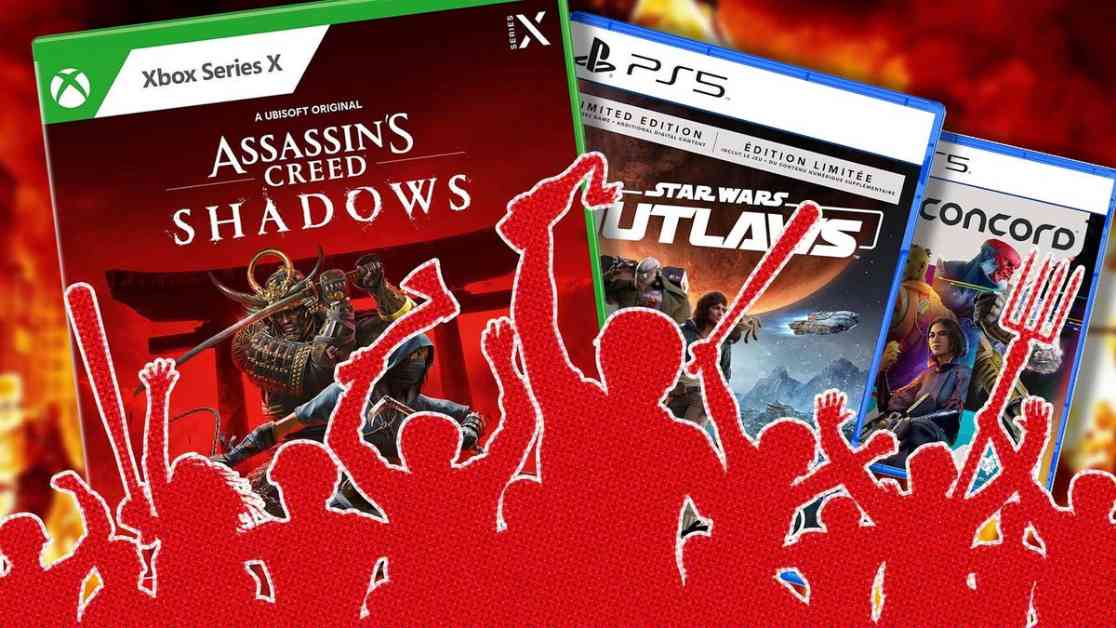On July 23, Ubisoft released a statement in response to the backlash against a Black lead character in the upcoming Assassin’s Creed Shadows. The reaction on social media platforms was filled with racist images, slurs, and demands for historical accuracy in a game series known for its science fiction elements. A community note with a racial slur was also uncovered, showing the ugly side of the gaming community.
Some gamers claim that the backlash is about preserving Japanese culture or rejecting “woke ideologies” forced into games by outside groups. However, history shows that this hate-fueled movement is not new. Back in 2014, GamerGate erupted, fueled by misogyny and disguised as a demand for ethics in game journalism. This movement was a breeding ground for hate that later spilled over into mainstream politics, influencing events like the Capitol riots in 2021.
The current wave of hate in the gaming community is strategically timed, coinciding with heightened sociocultural tensions in an election year. The movement preys on vulnerable young men who feel marginalized in society but find acceptance and validation online. The internet has played a significant role in radicalizing male youth, perpetuating toxic ideologies and behaviors.
Gaming has historically been dominated by white males, creating barriers for women, queer individuals, and minorities. Over time, more diverse voices entered the industry, leading to greater representation and innovative game development. However, reactionary forces seek to undermine this progress by spreading misinformation and stoking anger and fear among gamers.
The cycle of manufactured outrage targets various aspects of gaming, from character designs to storylines, perpetuating a culture of hate and division. Bad actors in the gaming community exploit social media platforms and influential figures to amplify their toxic messages and attract a following. The goal is to keep people angry, scared, and uncertain, ensuring they remain dependent on these voices for answers.
To combat this wave of hate, the gaming industry must take a stand against bad actors and promote inclusivity and diversity. It is not enough to simply issue statements that lend credence to baseless arguments. Racism and discrimination are not rooted in logic, and they cannot be defeated with rational arguments alone. It requires a united effort from major companies and industry leaders to denounce hate and create a safer, more inclusive gaming environment for all players.





















